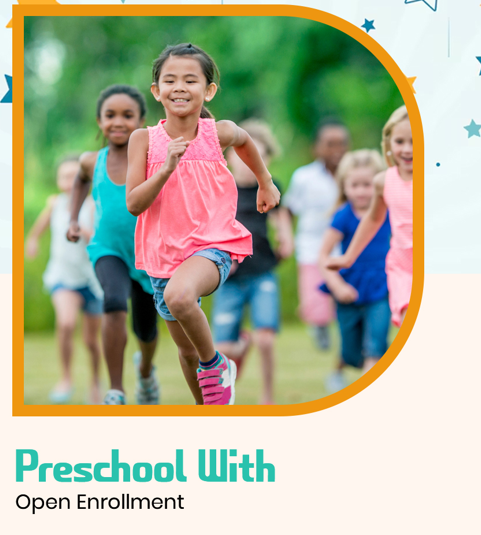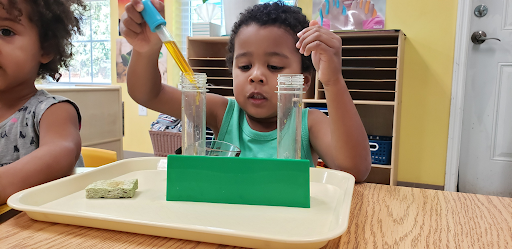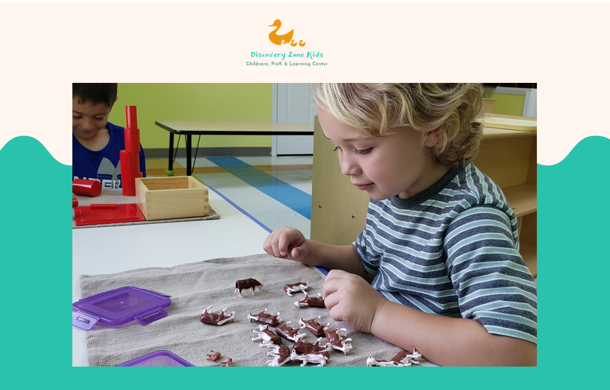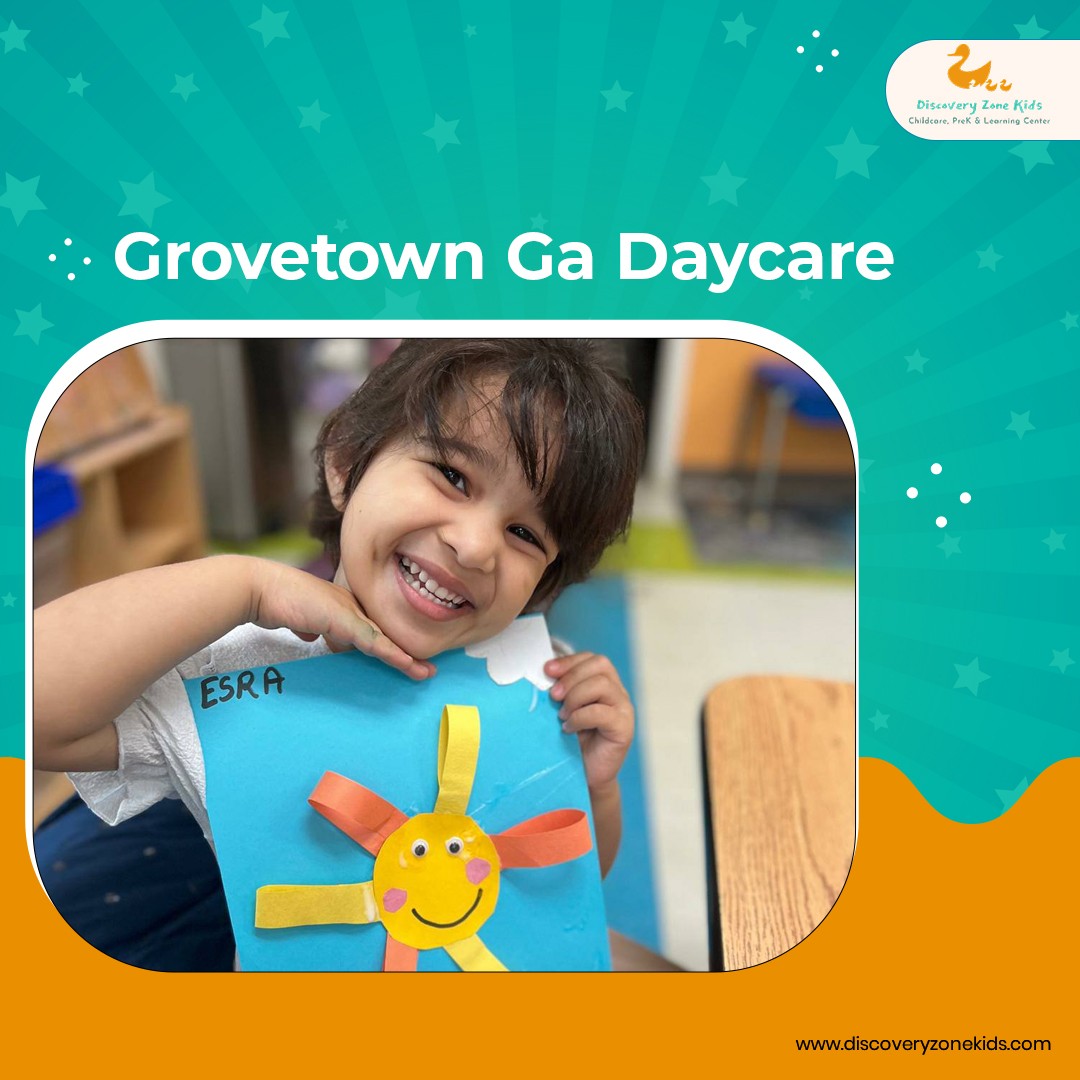
Ever wondered how a simple puzzle can shape your child’s ability to make everyday decisions? At our child development center, we believe every game, challenge, and story holds a bigger purpose—helping young minds learn how to think independently, collaborate with others, and solve problems with confidence.
Let’s take you inside a day filled with discovery, questions, and “Aha!” moments.
What Happens in a Day at Our Child Development Center?
Your child’s day isn’t just filled with fun—it’s full of purpose. The morning might begin with building a block tower that won’t topple. Then comes a group game that encourages taking turns and planning moves. Later, your child might act out a story that asks, “What would you do next?”
These hands-on learning activities aren’t just creative play—they’re early training in problem-solving in early childhood. Children learn to experiment, evaluate outcomes, and adjust strategies—all in a warm and secure environment that supports their emotional development.
Why Are Hands-On Activities So Effective?
Let’s talk about hands-on learning for kids. This style of education goes far beyond worksheets. At our center, it includes:
● Daily puzzle sessions that encourage logic, shape recognition, and perseverance.
● Collaborative games where children must agree on rules, share resources, and work toward a common goal.
● Story-based challenges where the ending changes depending on the decisions children make.
These activities build something powerful: the ability to analyze, adapt, and act—skills essential not just in school, but in everyday life.
Did you know? According to the National Association for the Education of Young Children (NAEYC), children who engage in problem-solving activities early on show 30 percent greater readiness for elementary school tasks than their peers. This means your child gains an edge—emotionally, socially, and academically.
How Does Educational Play Mirror Real Life?
Think of a simple obstacle course we set up outside. Kids must figure out how to get through tunnels, step over foam blocks, and balance on beams. Sounds fun, right? But here’s what’s really happening:
● They’re planning and adjusting their steps.
● They’re learning about balance and physical limits.
● They’re helping peers, cheering them on, and solving challenges together.
Question 1: How do these physical activities translate into emotional intelligence?
When children solve problems through movement and interaction, they naturally develop patience, self-control, and the ability to think before reacting. These aren’t just classroom skills—they’re life skills.
The Power of Structured Freedom
Our center offers a perfect blend of structure and freedom. Within set schedules like our 6 AM to 6 PM window, your child gets time to explore safely. Activities are intentionally designed to nurture confidence while giving them space to make decisions.
Our approach allows children to:
● Try new ideas without fear.
● Ask “what if” questions and test theories.
● Handle small conflicts with growing independence.
Question 2: Can preschool-aged kids really learn to make their own decisions?
Yes—and they thrive when given age-appropriate opportunities to do so. Simple choices, like picking materials for art or deciding how to solve a puzzle, give them a sense of control and responsibility.
Why Does It Matter for Working Parents and Military Families?
If you’re a busy professional or part of a military family, you need more than just a safe place for your child—you need a preschool with open enrollment that helps build future-ready skills.
Our center focuses on:
● Structured playtime that enhances child development activities.
● Group sessions that support teamwork and communication.
● Supportive staff who recognize each child’s individual strengths.
This is where Discovery Zone Kids stands out as the service provider who caters to all your needs—with open enrollment options, flexible support, and a nurturing environment designed to make your mornings easier and your child’s day richer.
Do Children Take These Skills Home?
Absolutely. Whether it’s figuring out how to button a coat or sharing toys with a sibling, you’ll see your child using these same classroom skills at home.
Question 3: How can you support this problem-solving mindset at home?
Ask open-ended questions like, “What would you do if…?” Encourage exploration, allow small mistakes, and celebrate the process, not just the result. This aligns your home environment with what we practice here.
We’re More Than a Preschool—We’re a Growing Space for Thinkers
From critical thinking to emotional strength, the early years are a golden window for building a strong foundation. If you’re searching for a preschool with open enrollment that values character, independence, and creativity—our child development center is the place to start.
Children who are free to explore today grow into problem-solvers tomorrow. Come see how we turn puzzles into preparation for life.
Your next step? Drop by Discovery Zone Kids, where learning meets living. Let’s start building those real-world skills—one playful moment at a time.
Visit our Google Business Profile for reviews, directions, and more.
Get In Touch
Discovery Zone Kids
Phone: 706-496-2489
Email: discoveryzonekids@gmail.com
Website: www.discoveryzonekids.com
Google Business Profile: https://share.google/Ix2zvHp0Tn04S9fPB








